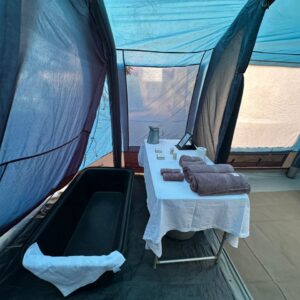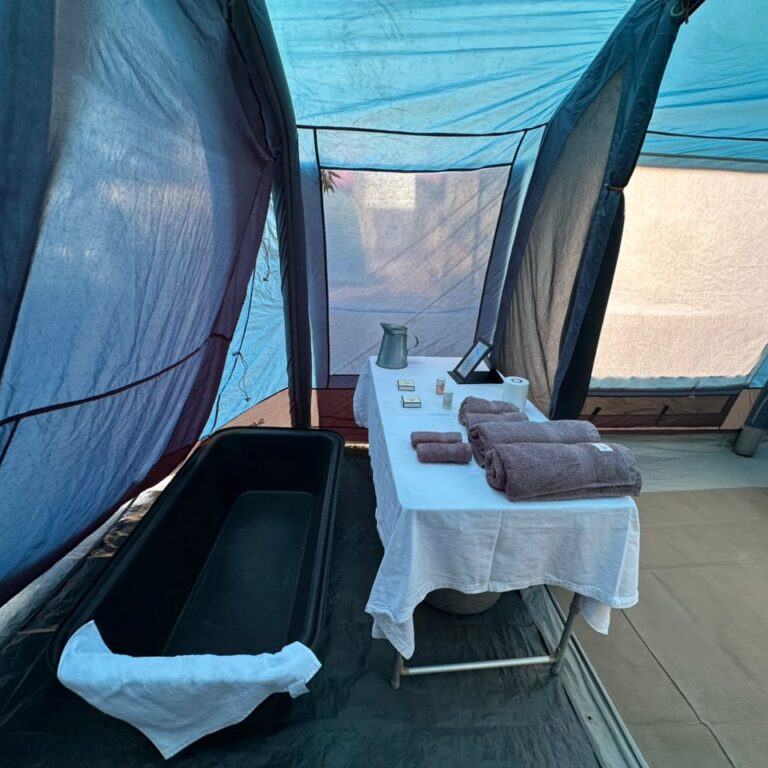Top 5 Kilimanjaro Altitude Sickness Medication for Successful Climb Kili.
Altitude sickness can be a formidable obstacle for travelers and adventurers alike. Whether you’re trekking through the majestic peaks of the Himalayas or ascending to high-altitude cities like La Paz or Lhasa, the effects of reduced oxygen levels can take a toll on your body, leading to symptoms such as headaches, nausea, fatigue, and dizziness. However, armed with the right medications, you can effectively combat altitude sickness and acclimatize more smoothly to high altitudes.
Understanding Altitude Sickness
Before delving into the medications that can aid in acclimatization, it’s essential to understand the mechanics of altitude sickness. At higher elevations, the air pressure decreases, resulting in lower oxygen levels. This reduction in oxygen saturation can lead to various symptoms collectively known as altitude sickness. While mild symptoms may resolve on their own as the body adjusts. More severe cases can be debilitating and even life-threatening if not addressed promptly.
The Role of Medications in Acclimatization
Medications play a crucial role in facilitating acclimatization by alleviating symptoms and helping the body adapt to the reduced oxygen levels at high altitudes. From vasodilators to diuretics, these pharmaceuticals can aid in improving oxygen delivery to tissues, reducing fluid retention, and preventing the onset of altitude-related illnesses.
1. Ibuprofen (Advil, Motrin, Aleve)
You might know ibuprofen as a common painkiller, but it also has benefits for altitude sickness. At high altitudes, climbers often experience headaches due to inflammatory factors causing leaky blood vessels and fluid buildup in the brain. Ibuprofen, an anti-inflammatory drug, reduces swelling and inflammation. Researchers found that those who took ibuprofen were less likely to develop acute mountain sickness (AMS) than those who took a placebo. The recommended dose is 600 mg every 8 hours.
2: Acetazolamide (Diamox)
This is one of the most popular and effective medications for altitude sickness. Acetazolamide acidifies the blood, resulting in metabolic acidosis. This stimulates respiratory rate, increasing oxygen levels in the body. The standard dosage is 125 to 250 mg every 12 hours, starting 24 hours before the climb and continuing throughout the expedition. Diamox is known to be 75% effective in preventing AMS.
3. Dexamethasone (Decadron)
Dexamethasone is a potent steroid hormone used to treat High Altitude Cerebral Edema. A serious form of altitude sickness where the brain swells. It acts as an anti-inflammatory agent to treat brain edema. Unlike acetazolamide, which aids acclimatization, dexamethasone treats symptoms only. Used to relieve symptoms while either maintaining altitude or descending. It’s not routinely recommended as a prophylactic agent for AMS or High Altitude Pulmonary Edema (HAPE). It may reduce the risk of HAPE and AMS in susceptible individuals.
4. Sildenafil (Viagra)
Yes, you read that right! Sildenafil, commonly known as Viagra, has been studied for its potential in treating altitude sickness. It works by dilating blood vessels and improving blood flow.
5. Nifedipine (Adalat, Procardia):
Nifedipine is a calcium channel blocker used to treat high blood pressure. It can also help with altitude sickness by relaxing blood vessels and reducing pulmonary artery pressure. Less commonly used than acetazolamide or dexamethasone. Nifedipine is a calcium channel blocker that is sometimes used to prevent and treat altitude sickness. By dilating blood vessels and reducing blood pressure, nifedipine can help improve blood flow to vital organs and alleviate symptoms such as headache and dizziness. However, it is essential to use nifedipine with caution, as it can cause side effects such as flushing, dizziness, and rapid heartbeat.
Important Reminders:
These medications are not magic bullets: They can’t substitute for proper acclimatization or guarantee you’ll avoid altitude sickness.
- Individual responses vary: What works for one person may not work for another. Consult your doctor to determine the right medication for you.
- Potential side effects: Each medication has potential side effects, so weigh the risks and benefits carefully with your doctor.
- Never self-medicate at altitude: Your judgment can be impaired, and improper medication use can be dangerous.
- Remember, prevention is key: ascend gradually, stay hydrated, listen to your body, and descend if symptoms worsen. Medications that Help Acclimatization & Combat Altitude Sickness. With proper planning and responsible medication use under medical guidance, you can increase your chances of a safe and enjoyable high-altitude adventure.
FAQs 5 Medications that Help Acclimatization & Combat Altitude Sickness
These FAQs provide valuable information about altitude sickness and medications for acclimatization. Remember to consult with a healthcare professional before using any medications, and prioritize safety while traveling to high-altitude destinations.
What is altitude sickness?
Altitude sickness, also known as acute mountain sickness (AMS). Occurs when individuals ascend to high altitudes too quickly, resulting in a reduced oxygen supply to the body. Common symptoms include headache, nausea, fatigue, and dizziness.
How can medications help with altitude sickness?
Medications can aid in acclimatization by alleviating symptoms and facilitating the body’s adaptation to high altitudes. They may improve oxygen delivery to tissues, reduce fluid retention, and prevent altitude-related illnesses.
Which medications are commonly used for altitude sickness?
Some commonly used medications for altitude sickness include acetazolamide (Diamox), dexamethasone, nifedipine, and ibuprofen 5 Medications that Help Acclimatization & Combat Altitude Sickness. Acetazolamide helps stimulate ventilation, while dexamethasone reduces inflammation in the brain. Nifedipine dilates blood vessels, and ibuprofen reduces inflammation and pain.
When should I take medications for altitude sickness?
It’s essential to consult with a healthcare professional before taking any medications for altitude sickness.
Are there any side effects associated with altitude sickness medications?
Yes, some medications may have side effects, such as nausea, dizziness, or rapid heartbeat. It’s crucial to discuss potential side effects with a healthcare provider and follow recommended dosages to minimize risks.
Can oxygen therapy help with altitude sickness?
Yes, supplemental oxygen therapy can provide immediate relief for individuals experiencing severe altitude sickness symptoms. It quickly increases oxygen saturation levels in the blood, alleviating symptoms like shortness of breath and confusion.
How can I prevent altitude sickness?
To prevent altitude sickness, it’s essential to acclimatize gradually. Stay hydrated, avoid alcohol and caffeine, and consider using prophylactic medications under medical supervision. Additionally, listening to your body and descending if symptoms worsen is crucial for safety.
Are there any altitude sickness medications that require a prescription?
Yes, medications such as acetazolamide and dexamethasone typically require a prescription from a healthcare professional. It’s essential to consult with a doctor before using any medications for altitude sickness to ensure they are safe and appropriate for your individual needs.
It’s essential to inform your healthcare provider about any other medications you are taking. As some may interact with altitude sickness medications. Your doctor can provide guidance on potential drug interactions and adjust dosages accordingly.








